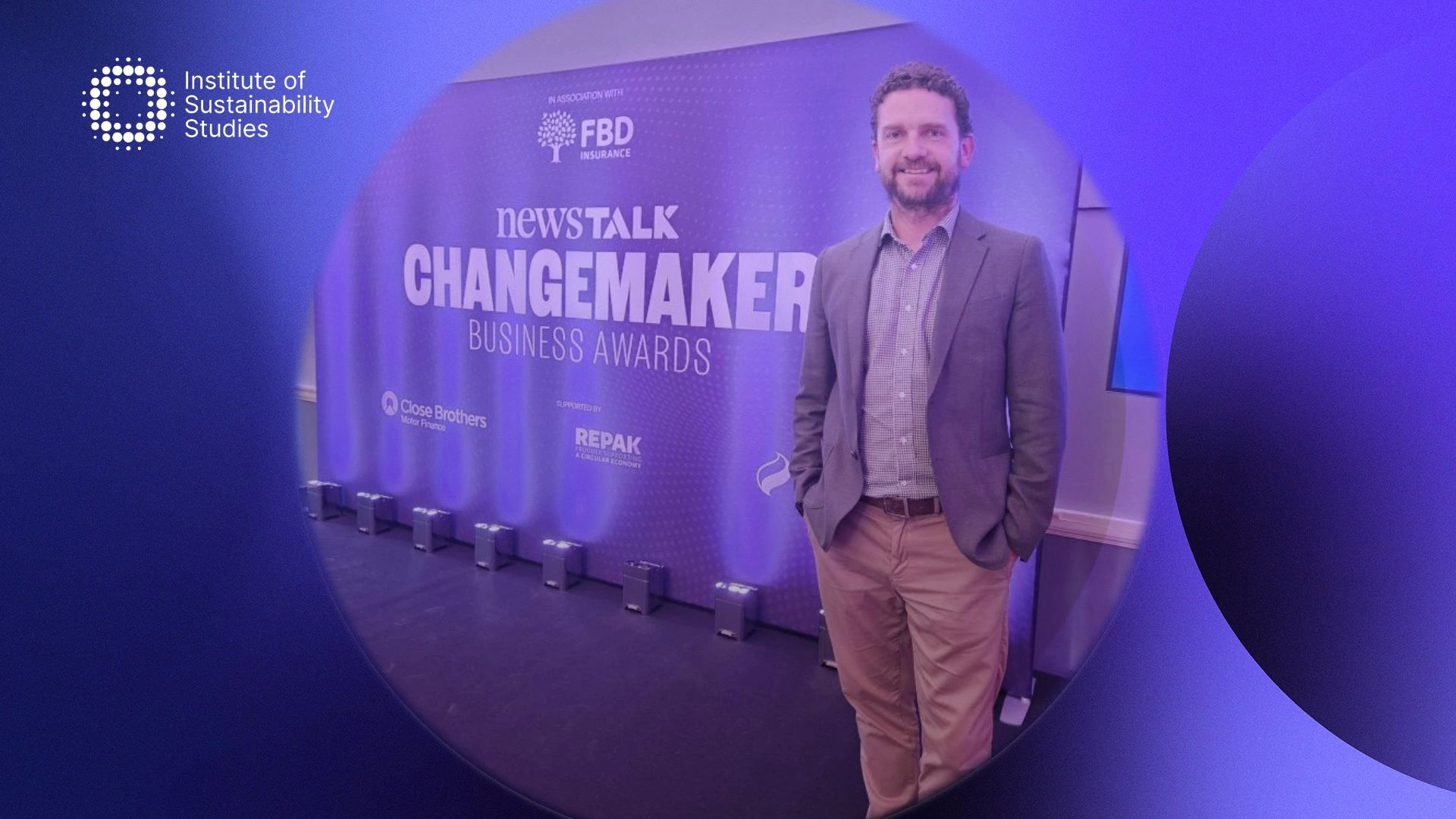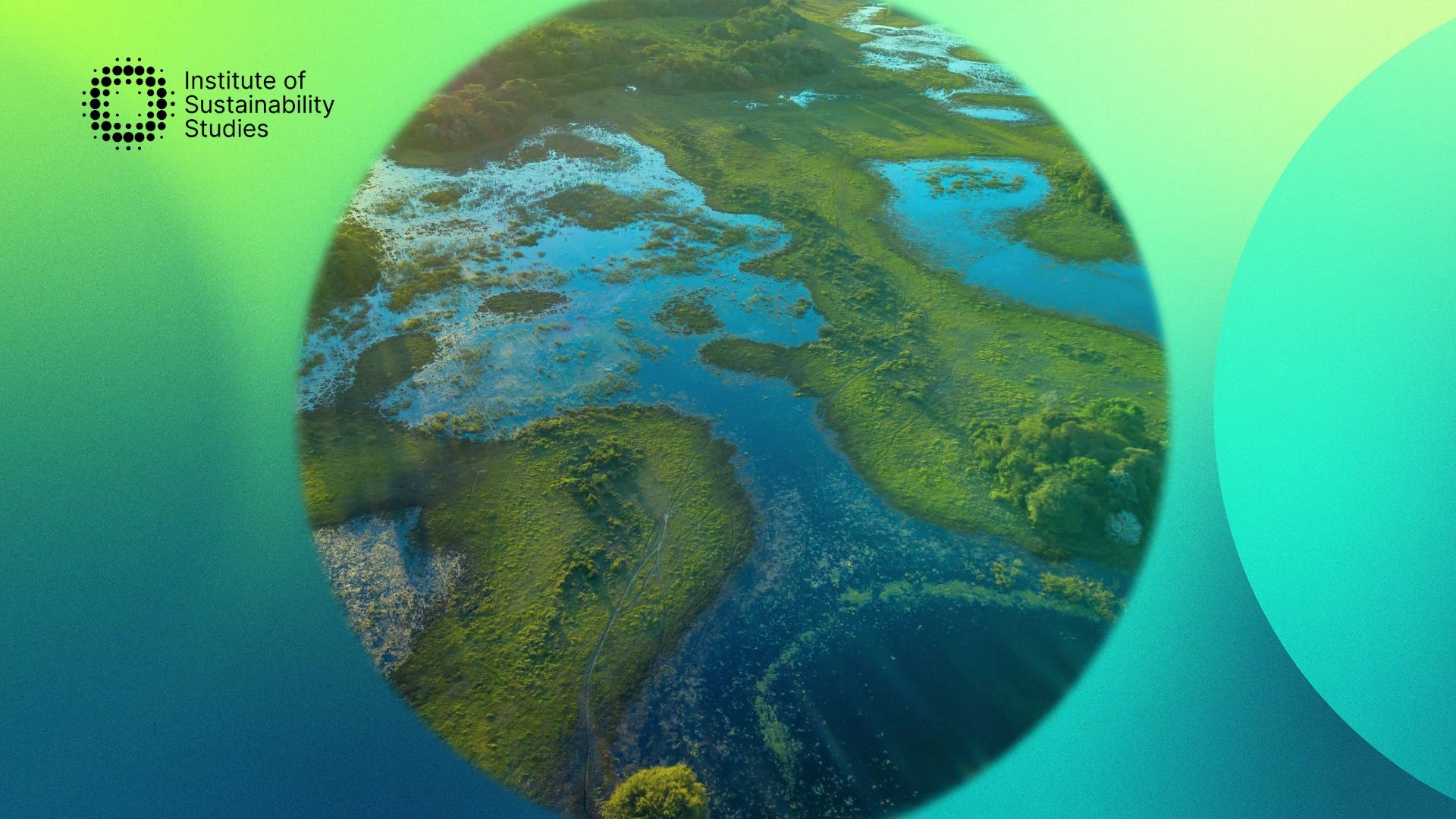COP27 was an interesting affair, to say the least, as it received global scrutiny. While controversial in some parts, some interesting developments came out of the Conference. It saw developed countries finally commit to setting up a loss and damage fund to help developing countries better prepare for climate catastrophe.
However, our ambitious target to limit global greenhouse gas emissions is still falling short. Unfortunately, the Conference failed to achieve any significant breakthroughs concerning moving away from fossil fuels. It remains a challenge to transform commitments and pledges into real-world solutions and actions.
The need for fast action couldn’t be more important in the face of the Earth’s rising temperature. This is already impacting so many across the globe. Businesses, both big and small, equipped with the right knowledge and skills, can be crucial drivers on the path to a more sustainable and prosperous world. By investing in sustainability education for professionals, professionals across various sectors can contribute significantly to environmental conservation and sustainable business practices.
Key sustainability trends for businesses in 2023
Focusing efforts on carbon removal and reduction
It’s no surprise that the first prediction here surrounds carbon removal and reduction. Net zero is the best way we can fight climate change. However, the concept is hinged on our need to reduce greenhouse gas emissions as much as possible. In addition, to balance any remaining emissions.
That is why we can expect carbon-negative solutions to take off. For instance, technological solutions that involve direct air capture or nature-based solutions which include restoring mangroves or planting trees. Businesses will also likely be looking at their value chain and how to reduce carbon emissions there as part of their Scope 3 efforts.
Going circular to tackle pollution
Another big trend we can expect in 2023 is that businesses will help in reshaping our economic model to be more Earth-friendly. That is the drive behind circular- to tackle both plastic and the pollution associated with it.
Collaboration will be needed here, and we predict businesses joining forces to accelerate the building of circular economies across the globe. Going circular will allow us to reduce waste and chemical pollution. Tackling pollution before it reaches waterways will be crucial and will require partnerships.
Flowing investment into sustainability
We also predict businesses making investments into sustainability throughout this year, and more organisations will realise the business case for climate action. Not only that, but businesses will have a greater understanding of how sustainability can help them future-proof their supply chains and operations.
While there is economic uncertainty, we think businesses will be thinking about how they can do more with less. The increased prices and shortages of some resources could even drive them to implement circularity throughout their business model. In addition, working on reducing their resource use and reaping the benefits.
More and more innovation
Our final prediction for 2023 surrounds innovation which we expect will be utilised increasingly as a tool to drive environmental change. Already many businesses are taking advantage of automation and AI tools to drive their sustainability agenda.
The AI for Climate Action report by Capgemini shares that AI-enabled use cases have helped businesses reduce their greenhouse gas emissions by 13 percent in the past two years. This has enhanced power efficiency by 11 percent!
Summary
If 2022 taught us anything, it is that climate change is becoming a major conversation for businesses. The above sustainability trends show that organisations are slowly recognising the business case for implementing ESG strategies and how it will help them thrive in the new world we aim to create. Overall, the key takeaway here is that we need concrete action from all players to secure our shared vision.










